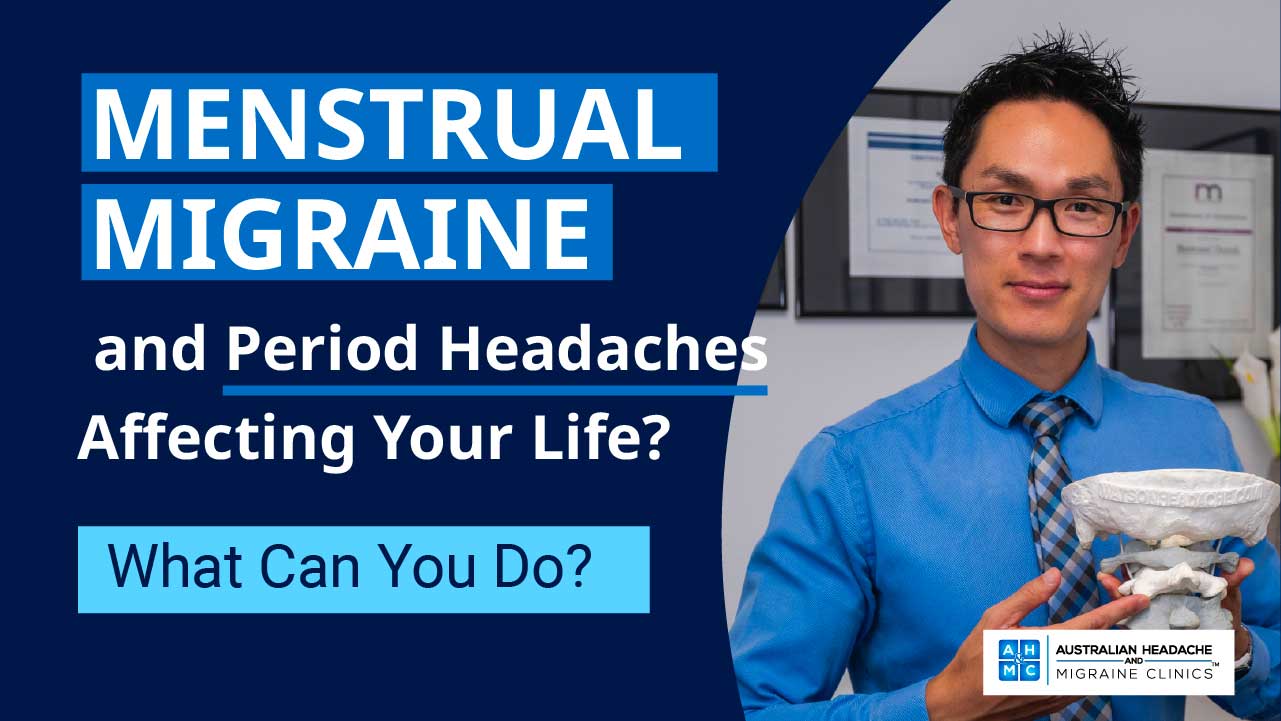I Suffer From Menstrual Migraine
Menstrual Migraine Treatment
Menstrual migraines are ranked in the top 5 most disabling conditions for women. Menstrual migraine affects women in Sydney at different points throughout their menstrual cycle. Their migraine can typically peak on the day of their cycle, a few days before, or a few days after their cycle and can last for a couple of hours to 5 days (most commonly 3 days).
If your symptoms can be reproduced and resolved, expect a significant improvement to occur rapidly within the first 5 treatment consultations, as has been the case with over 85% of our Sydney Menstrual Migraine patients. We have treated countless patients with menstrual migraines with significant results. Our treatment is effective in alleviating or dramatically reducing migraines in 85-90% of sufferers.
Take the first step towards relief and a better quality of life. Schedule your consultation today and experience the difference.








